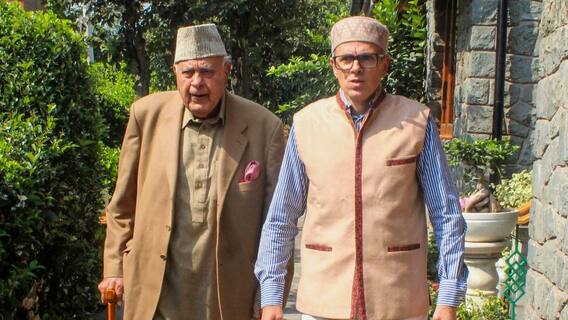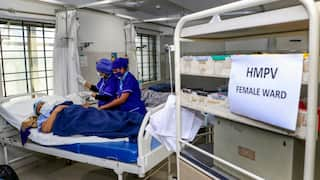In A First, Rare Cardiac Surgery Performed On Infant In Northeast India
A team of doctors successfully performed a keyhole surgery on a 2 Kg baby at the Guwahati-based private hospital using an American button Piccolo device.

In a first for the northeastern region of India, a rare cardiac interventional surgery was performed at a private hospital in Assam’s Guwahati recently. A team of doctors successfully performed a keyhole surgery on a 2 Kg baby at the Guwahati-based private hospital using an American button Piccolo device.
The baby boy was the second of twins weighing 690 grams and had persistent (or patent) ductus arteriosus (PDA), a normal blood vessel that connects two major arteries. According to the American Heart Association, the fetus doesn't require blood to pass through the lungs for oxygenation before birth. The ductus arteriosus serves as a hole, enabling the blood to bypass circulation to the lungs. Upon the baby's birth, the blood must undergo oxygenation in the lungs, and the expectation is for this hole to naturally close. If the ductus arteriosus remains open (or patent), the blood might bypass this crucial stage of circulation. This persistent opening is referred to as the patent ductus arteriosus.
The infant had symptoms of heart failure and respiratory distress since birth. He was managed conservatively in another local hospital for the past three months. His elder twin, who had a normal heart, was gaining weight and weighed six kilograms, while the patient had all symptoms of weight loss, respiratory distress, difficulty in feeding, and heart failure, as per a press release.
After being under treatment at the private hospital for the past month, the baby was operated on by a team of doctors using keyhole surgery and discharged from the hospital after 24 hours of observation in the Neonatal Intensive Care Unit (NICU). The baby is feeding well and has already started gaining weight after discharge. Notably, approximately nine such keyhole surgeries have been performed so far in the entire Eastern region of India, and for the first time in Northeast, the release said.
The release further said that Patent Ductus Arteriosus (PDA) is a persistent hole between the two major blood vessels leading from the heart. It is a heart problem present in a child since its birth. Normally, there is an opening between the two blood vessels when the baby is inside the mother’s womb, but it usually closes shortly after birth. The persistent opening of this hole causes a lot of life-threatening problems, especially in preterm and low birth weight babies weighing less than 2.5 kilograms. The common complications of PDA are weight loss, heart failure, gut infection, difficulty in feeding, ventilator-dependent respiratory distress, a high heart rate, infection, and could even lead to death.
It is indeed a boon for the people in this part of the country that such advanced pediatric cardiology interventions are now available in Assam and the northeast.
Trending News
Top Headlines







































